Caregiving Transformed
Homethrive’s innovative family caregiving support makes caring for a loved one smarter, easier, and more rewarding.

Who we help
Health Plans
Empower your members to stay healthy and independent with solutions for older adults and caregivers who support them.
Employers
Improve the well-being, productivity, and retention of your employees who are working family caregivers.
Individuals
Discover a better way forward to prioritize their care and your own well-being through personalized support.
Helping caregivers thrive at home, at work, and in life
Our integrated caregiving solutions combine live, expert guidance and care coordination with on-demand digital resources. We pinpoint key challenges, deliver expert coaching and navigation and do the research to allow caregivers to prioritize their loved one's care and their own well-being.

Areas we support
Medical Navigation
Social + Emotional
Housing
Legal
Home Services
Financial
Industry-leading utilization
Our commitment to excellence in caregiving and client support drives our industry leading utilization rate of 7.5% and proven return on investment for our clients.

Care smarter with Homethrive
Play Video
From our clients & members
“If you can impact one employee by giving them that 10 hours of their life back, they can now become more productive. You can't put a dollar value to that.
In the universe of benefit programs, you can offer anything these days, and we're very selective about what we offer. I'm glad Homethrive is one of those things.”
FrankRockefeller Capital Management In the universe of benefit programs, you can offer anything these days, and we're very selective about what we offer. I'm glad Homethrive is one of those things.”
"With my job I travel often and I used to feel guilty about going away. I’ve been able to relax so much more and enjoy being with my parents rather than always feeling as though I have to be checking up and making sure that they have everything they need."
JulieHomethrive Member
“Benefits like this help you hire people, help you keep people, but it also makes your employees more productive when you're trying to give them better options.”
JacquiMoye White LLP
“My mother-in-law was unable to live on her own. Having someone in our home created a challenging situation. My Care Guide did the research for us and came back with four different facilities close to home. To see how happy mom was made us feel at ease.”
JoeHomethrive Member
Previous
Next


